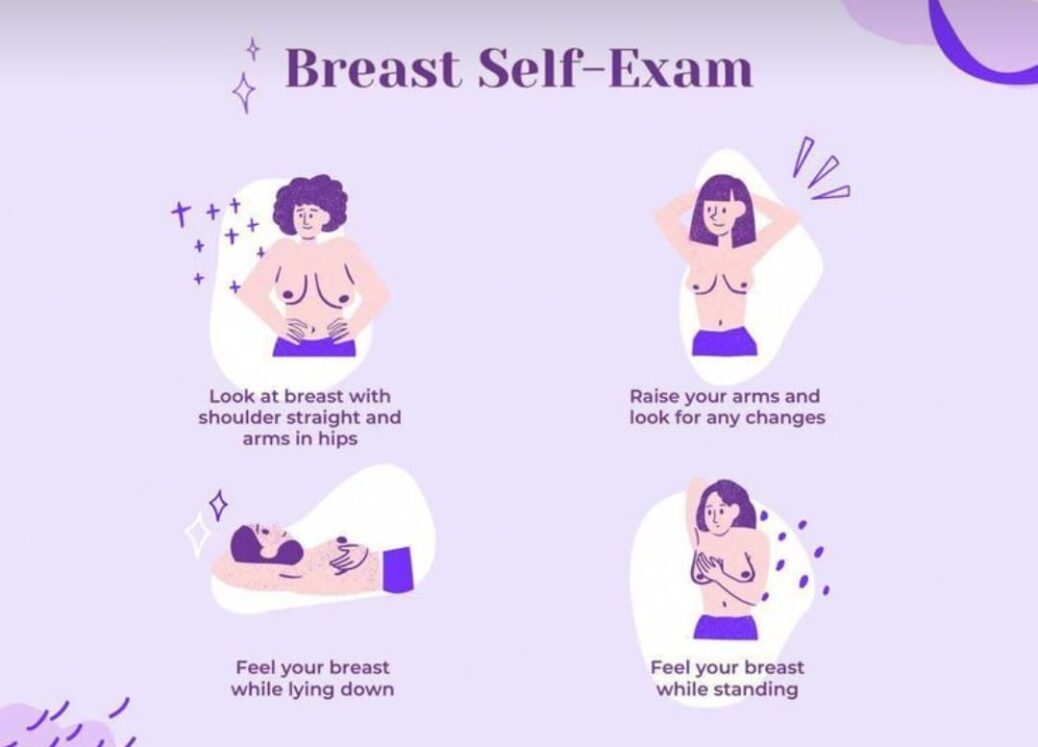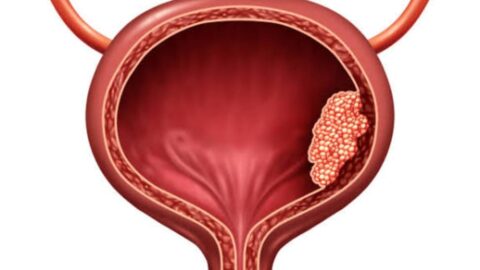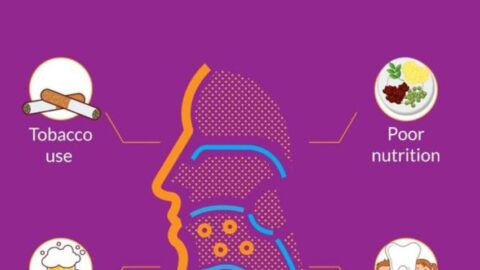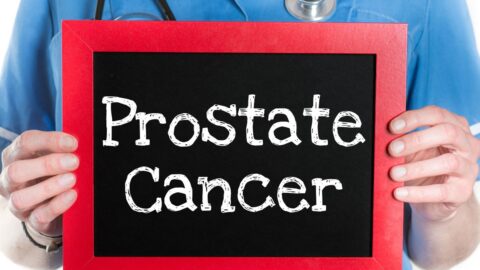Breast cancer is one of the most common cancers affecting women globally, but it also impacts men, though less frequently. It originates in the breast tissue and can spread to other parts of the body if not detected and treated early. Awareness, early detection, and ongoing support are crucial in managing and overcoming this disease.
Understanding Breast Cancer
Breast cancer starts when cells in the breast begin to grow uncontrollably, forming a tumor. This can occur in different parts of the breast, including the ducts, lobules, or connective tissues. There are several types of breast cancer, with ductal carcinoma in situ (DCIS) and invasive ductal carcinoma (IDC) being among the most common.
Risk Factors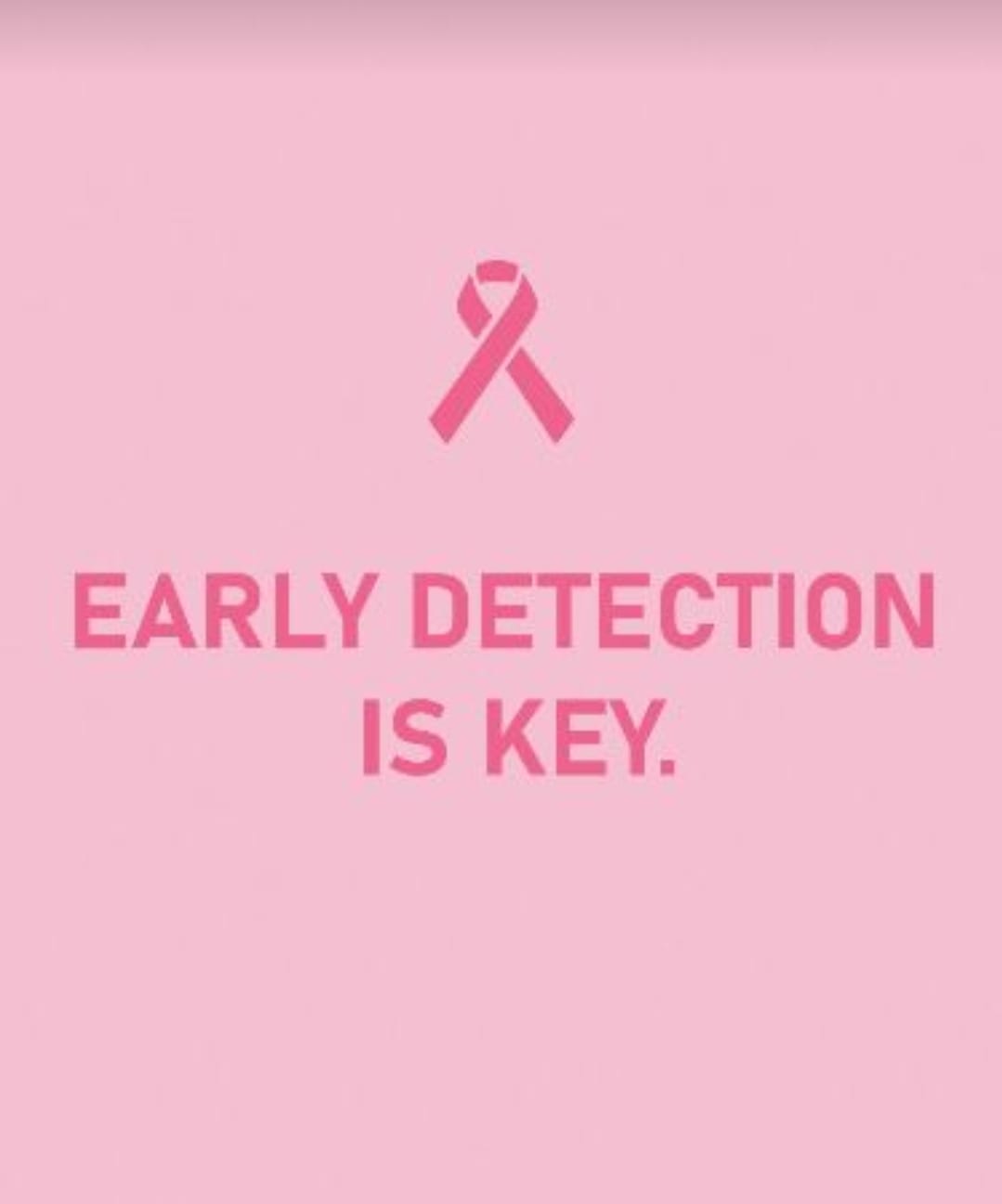
While the exact cause of breast cancer is unknown, several risk factors can increase a person’s likelihood of developing the disease:
- Genetics: A family history of breast cancer, particularly with mutations in BRCA1 or BRCA2 genes, can significantly elevate risk.
- Age: Risk increases as you age, especially after 55.
- Gender: Women are at a higher risk, though men can also develop breast cancer.
- Lifestyle Factors: Alcohol consumption, obesity, and a sedentary lifestyle are linked to higher risks.
- Hormone Exposure: Extended exposure to estrogen, such as from early menstruation or hormone replacement therapy, can increase risk.
Symptoms to Watch For Early detection is key to successful treatment. Common symptoms include:
- A lump or mass in the breast or underarm area.
- Changes in breast shape or size.
- Nipple discharge or bleeding.
- Skin changes on the breast or nipple.
- Regular self-exams and mammograms are vital for early detection.
Diagnosis and Treatment
If breast cancer is suspected, a healthcare provider will recommend diagnostic tests such as mammograms, ultrasounds, biopsies, or MRIs. Treatment depends on the type, stage, and individual characteristics of the cancer but may include:
- Surgery: To remove the tumor or breast tissue.
- Radiation Therapy: To kill remaining cancer cells.
- Chemotherapy: To target cancer cells throughout the body.
- Hormone Therapy: To block or remove hormones that fuel certain cancers.
- Targeted Therapy: To attack specific cancer cells with minimal impact on normal cells.
Living with Breast Cancer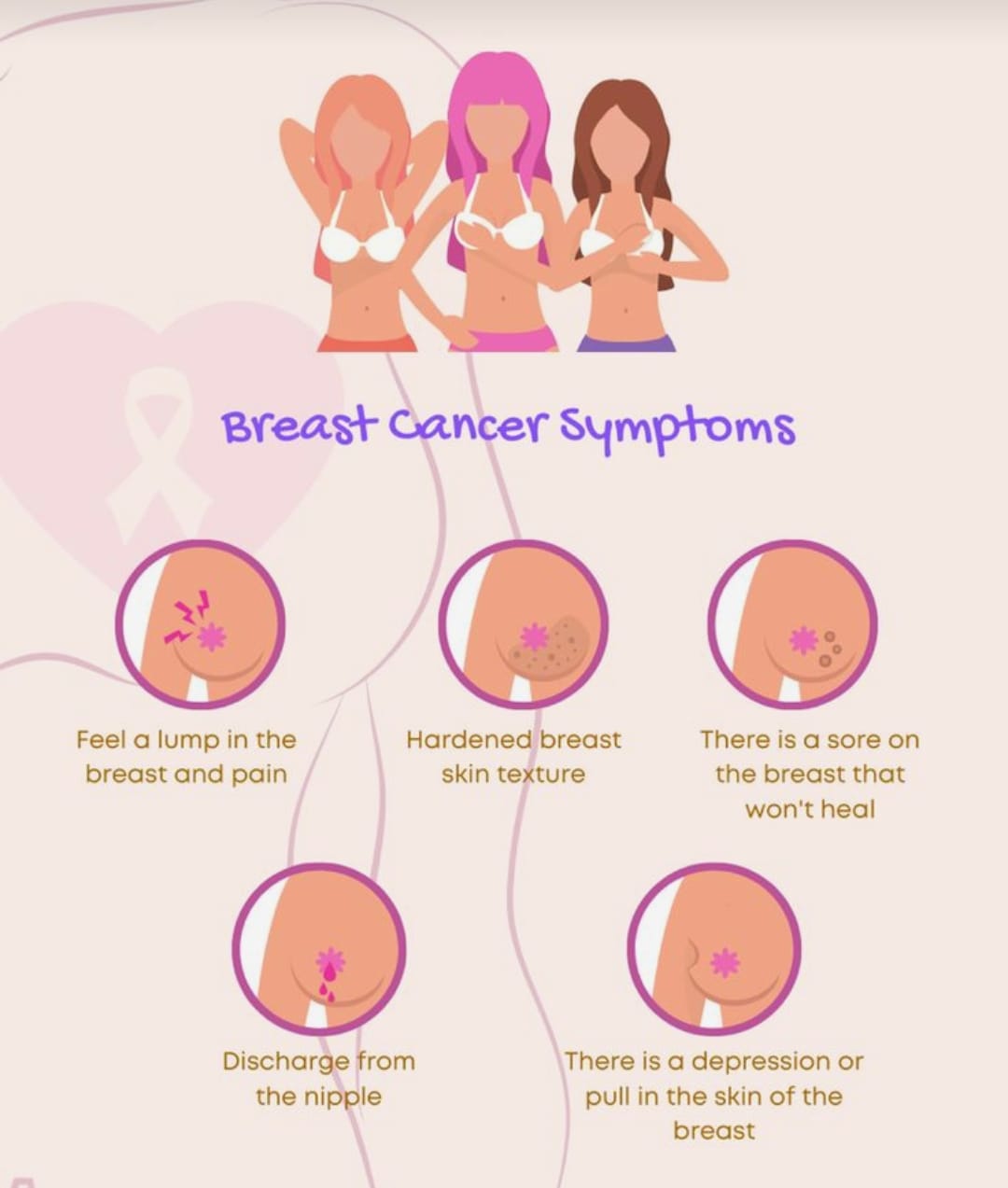
Being diagnosed with breast cancer can be overwhelming. Emotional support, whether through friends, family, or support groups, is crucial. Many organizations offer resources and counseling to help individuals cope with the physical and emotional aspects of cancer.
Prevention and Awareness
While not all cases of breast cancer are preventable, certain lifestyle changes can lower risk:
- Healthy Diet: A diet rich in fruits, vegetables, and whole grains.
- Regular Exercise: At least 30 minutes most days of the week.
- Moderate Alcohol Intake: Limiting alcohol consumption can reduce risk.
- Regular Screenings: Routine mammograms and clinical breast exams are essential, especially for those at higher risk.
Conclusion
Breast cancer awareness, early detection, and a comprehensive support system play pivotal roles in managing and overcoming this challenging disease. By understanding the risk factors and symptoms, individuals can take proactive steps to safeguard their health. Continued research and advancements in treatment offer hope and improve outcomes, paving the way for a future with better prevention and management of breast cancer.

